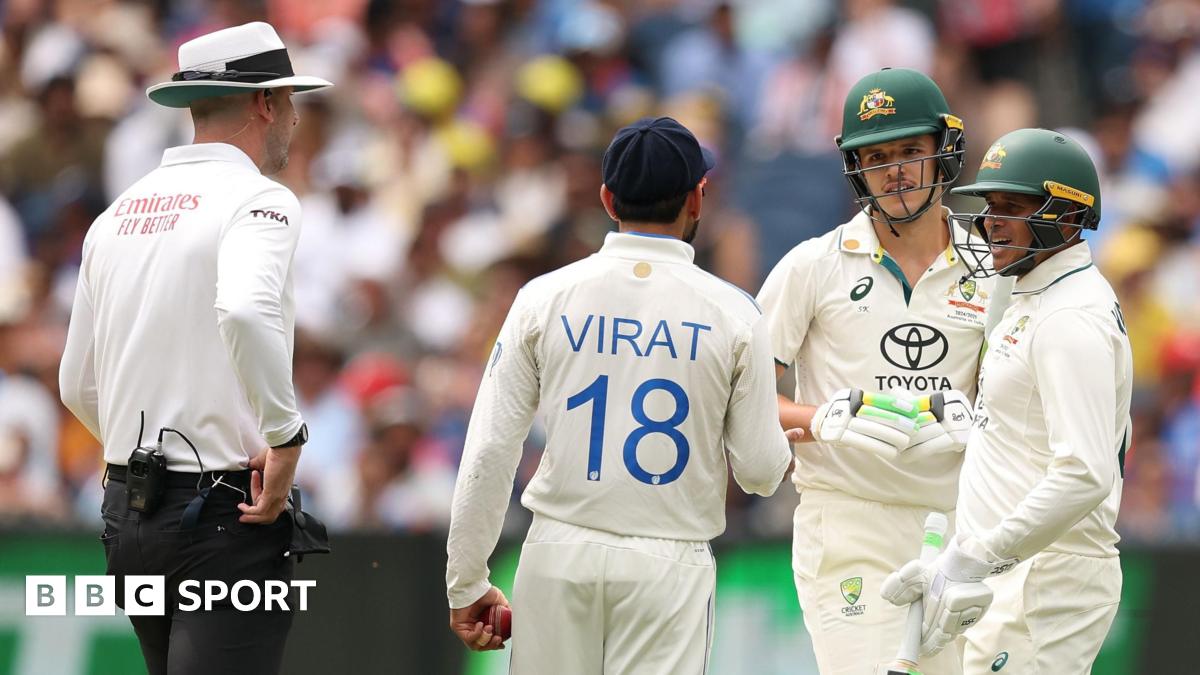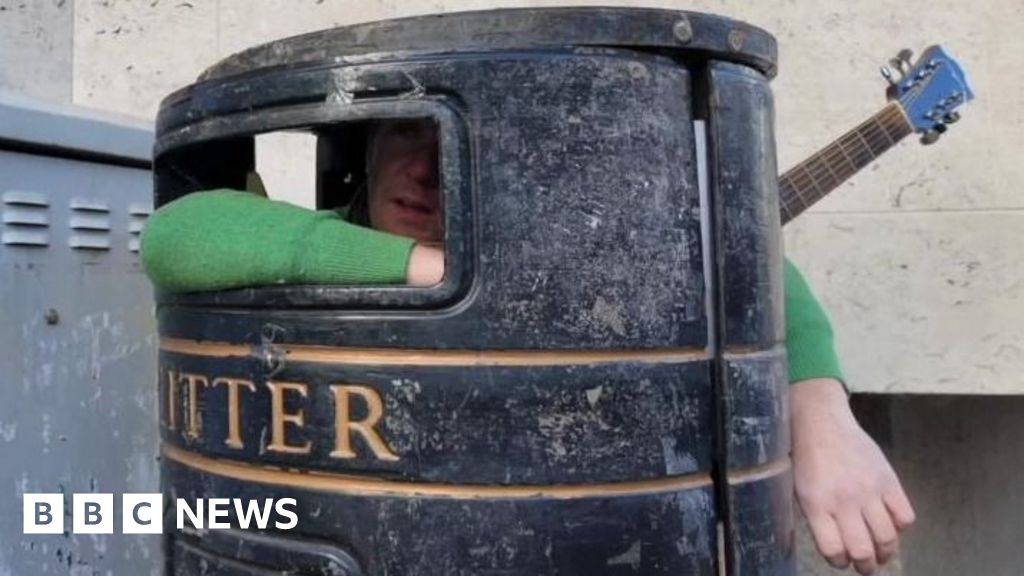Motorsport's governing body wants to change its rules to limit the ways its leadership can be held to account for bad governance.
A set of revisions to the statutes governing the audit and ethics committees has been circulated to member clubs to be approved at a vote of the FIA general assembly on 13 December.
These would ensure that any ethics complaints were overseen by the FIA president and president of its senate, rather than the senate itself.
And they would remove the power of the audit committee to investigate financial issues independently.
The proposals come after a year in which the ethics and audit committees investigated a number of allegations about the conduct of FIA president Mohammed Ben Sulayem.
These included questions about the finances of Ben Sulayem's private office; the establishment of a $1.5m "president’s fund" to pay member clubs, which vote for the FIA president. Neither of these were progressed. And two separate allegations that Ben Sulayem interfered in the operations of grands prix in 2023, which were dismissed.
The former chief executive officer Natalie Robyn left the organisation after raising questions about the general governance of the organisation and its professional practices, including finances in the president's office.
And the head of the audit committee Bertrand Badre and audit committee member Tom Purves were fired in the summer, external in the wake of these investigations.
The compliance officer Paolo Basarri, who looked into the allegations and reported them to the ethics committee, was fired last month.
The changes to the statutes, which have been seen by BBC Sport, remove the ability of the compliance officer to report to the audit committee and remove the audit committee's ability to investigate any matter unless asked by the president of the senate.
And they would mean the FIA president controlled the appointment of the head of the ethics committee, and remove the role of the senate and compliance officer in its operations.
The president of the FIA Senate, Carmelo Sanz De Barros, is a member of Ben Sulayem's four-person leadership team.
In essence, critics say the changes would neutralise the ability of whistleblowers to expose questionable behaviour to the ethics and audit committees, and the ability of those committees to pursue actions against any wrongdoing.
The senate, which no longer has to be sent any ethics report, is a 12-person body that includes Prince Faisal Al Hussein of Jordan, the Mexican billionaire businessman Carlos Slim Domit, and Akio Toyoda, the chairman of the Toyota car company.
The FIA has declined to comment.
The move to change the FIA statutes comes at the end of a tumultuous year at the body, which has seen the departure of senior staff such as its sporting director, F1 technical director, chief executive officer, digital director, head of commercial legal affairs, governance and regulatory director, race director, compliance officer, a leading steward and deputy steward, the head of the women in motorsport commission, secretary general of mobility and director of communications, as well as the three most senior HR staff.
The ethics committee in March cleared Ben Sulayem, who stood for election saying he would promote transparency at the FIA, of two allegations from a whistleblower that the FIA president had interfered in the Saudi Arabian and Las Vegas Grands Prix in 2023.
The whistleblower said they had witnessed Ben Sulayem seek to overturn a penalty to Aston Martin's Fernando Alonso in Jeddah, and seek to force the race director not to certify the Las Vegas track before its first race.
The ethics committee said it found no evidence to support the allegations.
Badre and Purves were fired from the FIA after the audit committee asked questions about three separate issues - alleged inappropriate use of the president's expenses, the departure of Robyn as CEO and the $1.5m (£1.19m) president’s fund.
Badre is a former managing director and chief financial officer of the World Bank and Purves is the former chief executive officer of Rolls-Royce cars.
Robyn is a former car industry executive who worked at Volvo, Nissan and DaimlerChrysler.
The alterations to the statutes make a series of changes to the workings of the audit and ethics committees.
Among these are:
To replace the ability of the ethics committee to "investigate and assess" complaints with a power only to "carry out an initial assessment to determine whether an in-depth investigation is necessary".
This report would then be submitted to the president of the senate, "who may decide to take further action".
This essentially gives the power to investigate ethics issues to the president of the senate and removes it from the ethics committee.
The changes also insert clauses that say that if the FIA president is the subject of an investigation by the ethics committee, the report is submitted to the president of the senate; and if the president of the senate is investigated, the report goes to the FIA president.
This essentially means the FIA president and the president of the senate would decide each other's fate in any ethics inquiry.
The changes remove the power of the compliance officer to "investigate any suspected irregularities" and report to the senate, and their power to investigate any irregularities concerning the FIA president or any other person on his or her team.
And they remove the compliance officer's duty to report to the ethics and/or audit committee.
They also remove the role of the audit committee in "assuring the accuracy, relevance, and permanence" of the FIA’s accounting methods and "check that the internal procedures for the collection and control of information guarantee this", and replaces it with a simple requirement to "review" them.
And they remove the requirement for the audit committee to be involved in the closing of the FIA's accounts, the supervision of FIA financial issues and budgets, and put the responsibility on the president of the senate to "consult" the committee "if he/she deems it necessary".

 3 weeks ago
7
3 weeks ago
7









